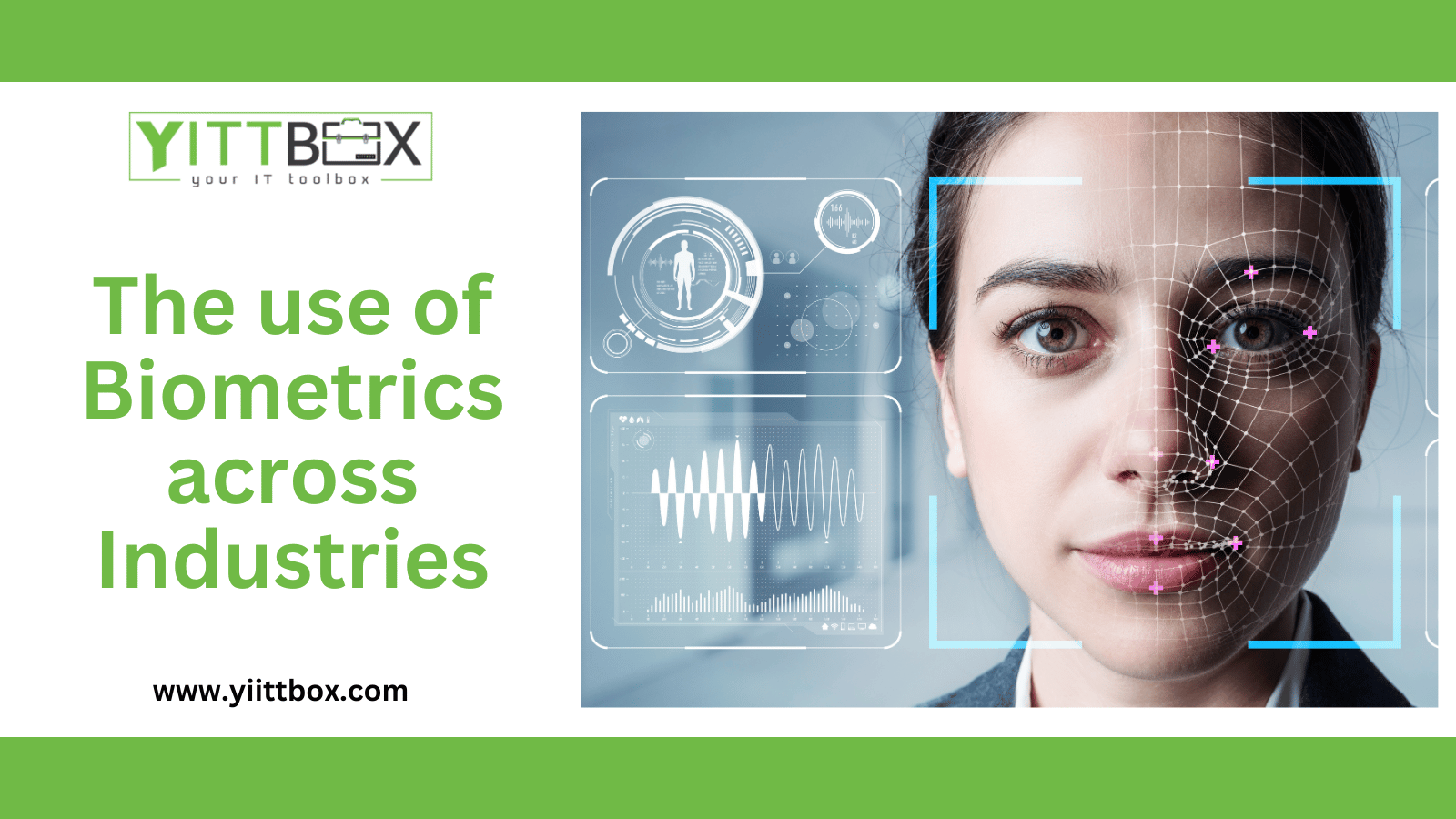Among the game changers in the tech industry, biometrics remains to be one of the most widely used in people’s daily life. From switching on your phone to accessing bank records, biometrics is a necessary safeguard. It’s a secure and efficient alternative to memorizing passwords and details. What other uses does biometric technology have? Read on to find out.
Security and Law Enforcement
The application of biometric technology in security and law enforcement has had a significant impact. Through the analysis of fingerprints, facial features, and iris patterns, law enforcement agencies are able to swiftly and accurately identify suspects, monitor criminal activity, and bolster public safety. The utilization of biometric databases facilitates efficient matching and identification, greatly assisting in investigations and overall criminal justice procedures.
Travel and Immigration
Biometrics have revolutionized border control and bolstered security within the travel and immigration sector. Implementation of biometric systems, including facial recognition and fingerprint scanning, has facilitated rapid and precise traveler identification, thereby minimizing waiting periods and optimizing overall operational efficiency. By enhancing security measures, these systems not only safeguard against potential threats but also guarantee a seamless and hassle-free travel experience for passengers.
Healthcare
The main role that biometrics plays in the healthcare field is mainly in data security and patient identification. Healthcare workers and providers can accurately match patients with their records. The most common features are fingerprint and palm vein scanning. With the use of biometrics, error is reduced which enhances patient safety and security. With the help of biometrics, unauthorized access to sensitive information can be prevented.
Financial Services
The financial services sector has greatly benefited from biometric technology, particularly in authentication and fraud prevention. By utilizing biometric identifiers such as fingerprints or voice patterns, financial institutions can offer secure and convenient access to accounts and transactions. Biometrics significantly reduces the risk of identity theft and unauthorized access, providing customers with peace of mind.
Workplace Management
In the workplace, improved security and efficiency are the two main benefits biometric tech has. Companies now use biometric systems for employee authentication, attendance tracking, and access control. Fingerprint or facial recognition systems eliminate the need for physical identification cards or passwords, reducing the risk of fraudulent activities and ensuring accurate time tracking.
Mobile Devices
The use of biometrics in mobile devices has brought us a whole new level of security and convenience when it comes to authentication. Fingerprint and face recognition features on our smartphones and tablets are the most useful tech. They prevent unauthorized access to personal devices which contain the most important details you may have.
Final thoughts
Biometrics has become an integral part of our lives, with its applications spanning across various industries. From enhancing security and efficiency to improving user experience, biometric technology has proven to be a reliable and effective solution. As technology continues to evolve, we can expect even more innovative uses of biometrics, empowering us with enhanced security, convenience, and peace of mind







